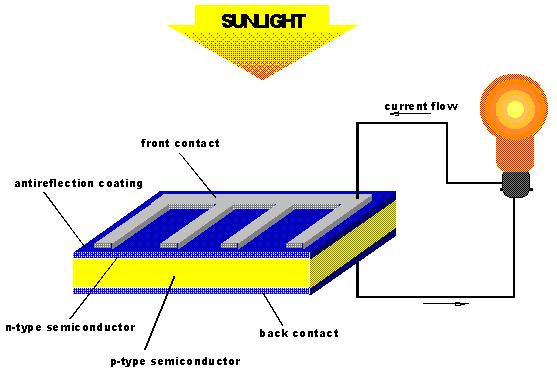Not all satellite building involves blowing things up, frying circuits, and desperately hacking hardware. Sometimes you get regulatory-related requests such as "provide a brief abstract of your mission (include key milestones or events)". So, free of hype, here is the boilerplate definition I came up with for Project Calliope.
Back in October I made
my picks for the hotly contested Etsy/NASA contest. And now
the winners are announced. Neither of my picks (stenciled glass bottles and wooden toy blocks for alien children) made it. And, well, I'll say I'm not leaping up to buy any of the winners. Still, it was a neat little contest with interesting implications.
Alex
DIY satellite news every Tuesday here and at
Project Calliope
Last year, the
NPR sound engineer said I was the first scientist to
really nail what sonification is. In my
365DOA podcast, I am joined by Matt and Hai-Ting of
ScopesMonkeyChoir.com in the continuing
saga of just why the heck I am launching a musical satellite, and
what can you do with an orbiting musical instrument.

Alex
Back before I became a ham-licensed PCB-ordering flux-soldering basement-building boutique satellite maker, it all started with an idea-- actually, with a column on my other ID here at Science 2.0. And since I'm still cooking with a 101-degree fever, I figure I'll go for that way-back-machine wavy effect and let you all read
where it all began.
Alex
Greetings, true believers.
I've not let a week pass yet without some tidbit of amateur satellite relevance, and this week is no exception. Being pleasantly mired in work-work, I'll be necessarily brief with this update.
I broke my first solar cell today. Soldering the solar panels requires I learn a new soldering technique, reflow soldering, where you paint solder flux then just heat the entire material. Breaking the cell was simply due to the fragility of the cell, not the new technique. Thankfully, IOS provides a few extra cells for this reason. I (as always) took notes on the panel build, and (as is all too common) haven't transcribed them into this blog yet.
A music project has cropped up that is very much like Project Calliope, if you swap out 'one man show' and replace it with 'crowdsourced'. The core concept is Calliope's "convert space to music via detectors and send to ground for anyone to remix", and (perhaps due to the Tubesat design limitations) very similar in terms of approach, method and focus as well as intent. Innovation? Flattery?
Last week I said the mission of Calliope is that "hearing the levels and variety of activity in the ionosphere in real or
near-real time, as ambient sound, will help people get an intuitive
sense of the activity and change at the boundaries of space."
 At MakerFaire NYC
At MakerFaire NYC Concepts For A CubeSat LARP
Concepts For A CubeSat LARP Putting a TARDIS in Space?
Putting a TARDIS in Space? Who Can Launch a CubeSat?
Who Can Launch a CubeSat?






